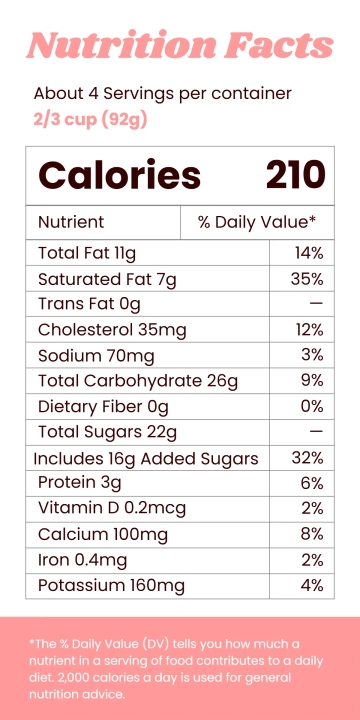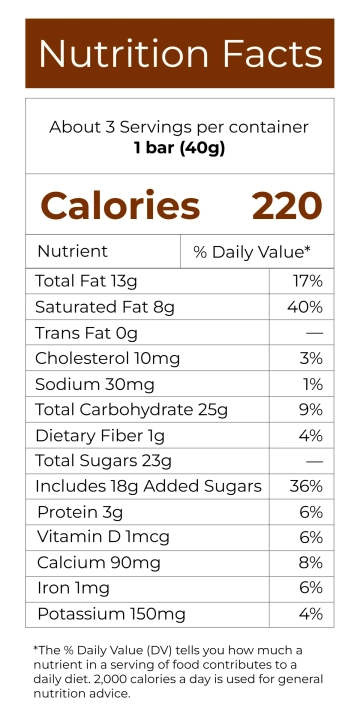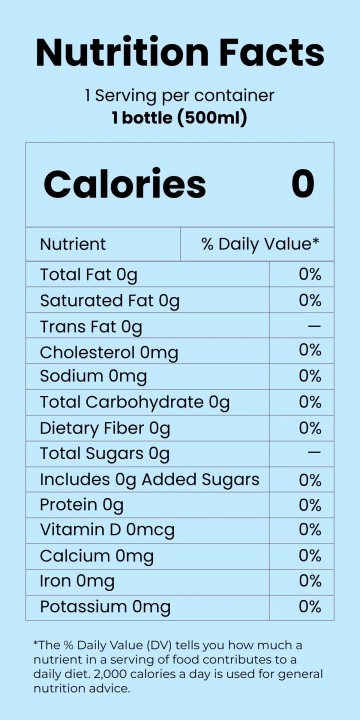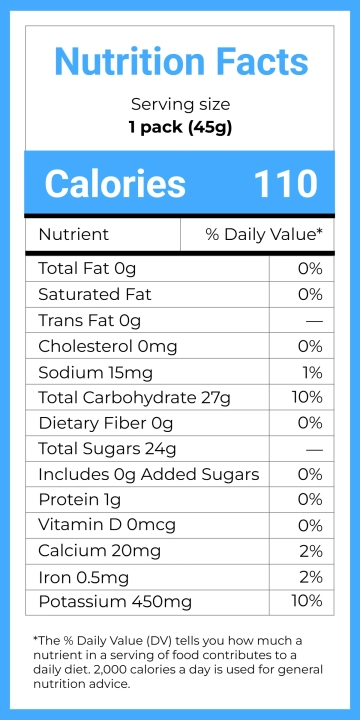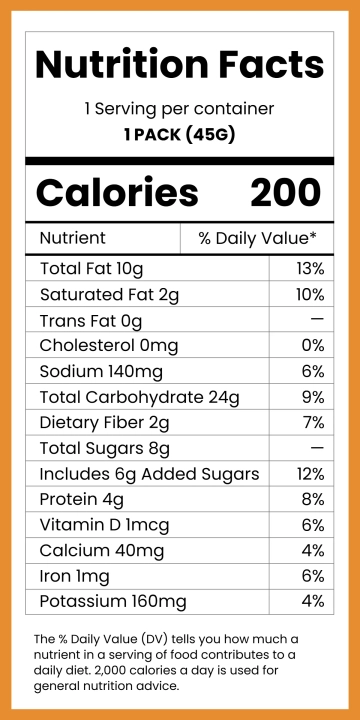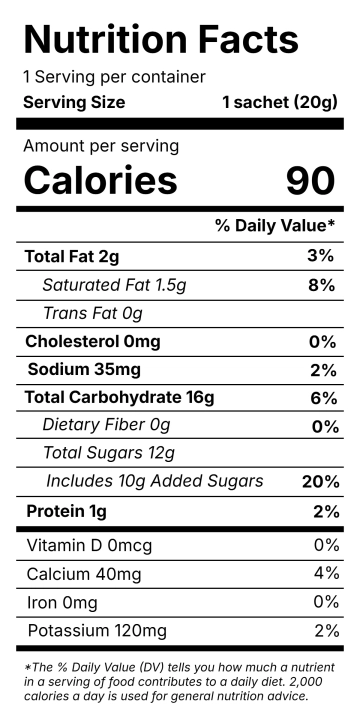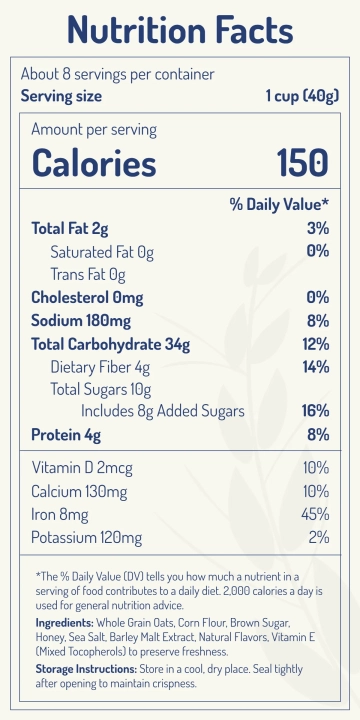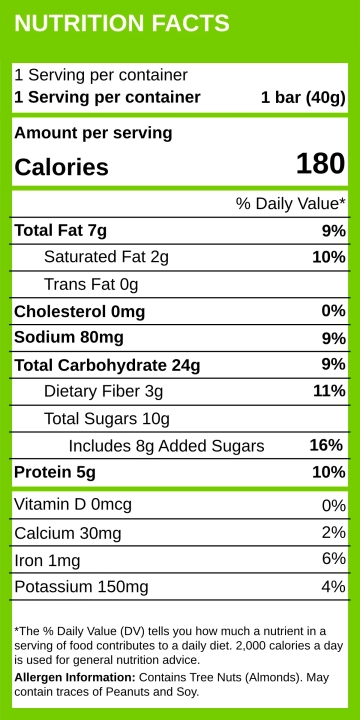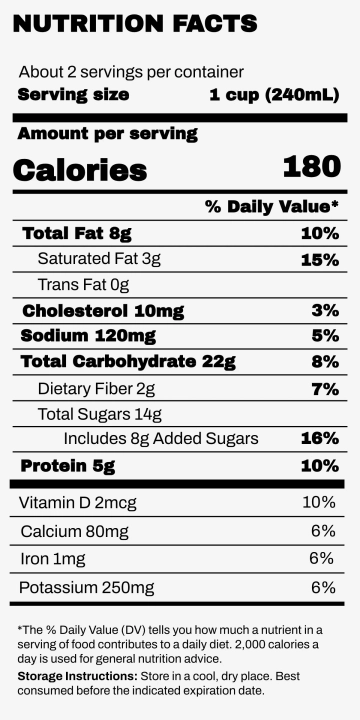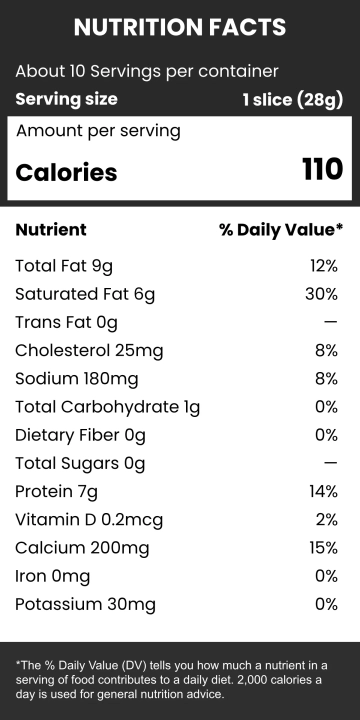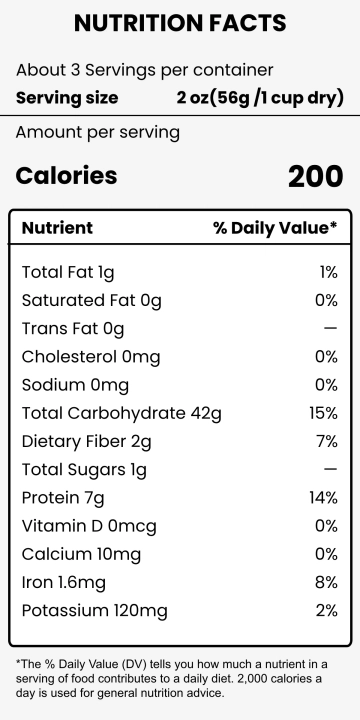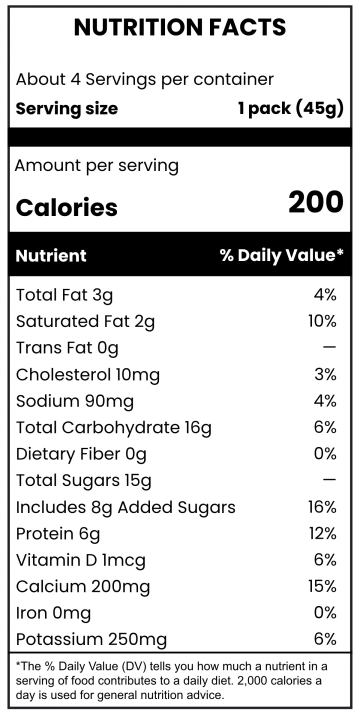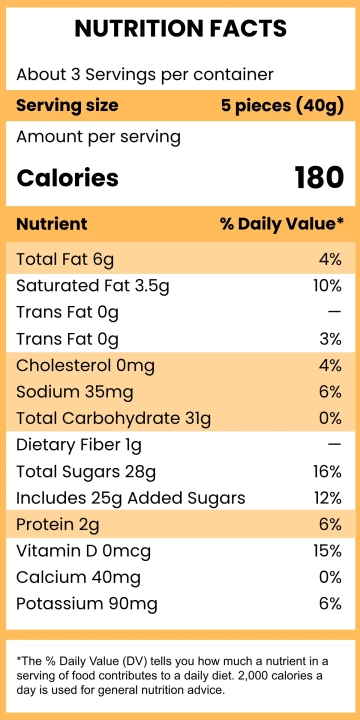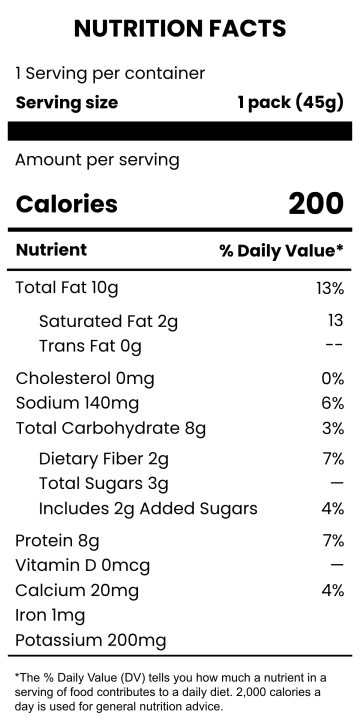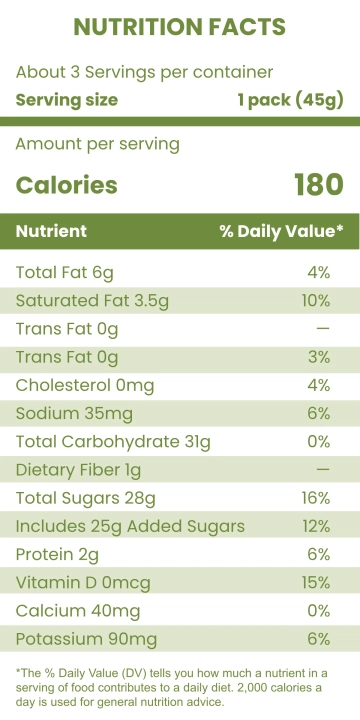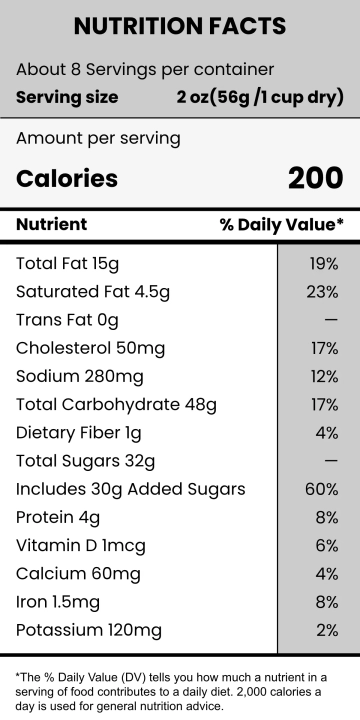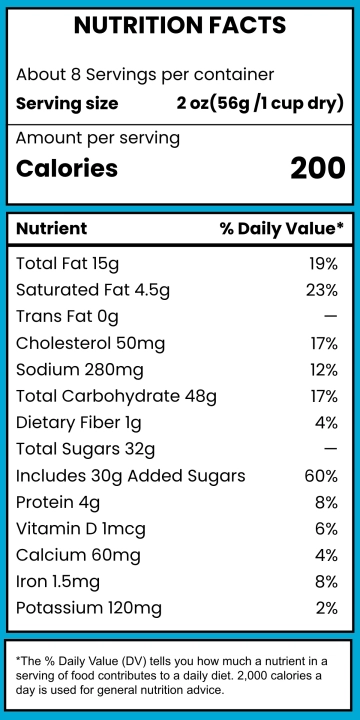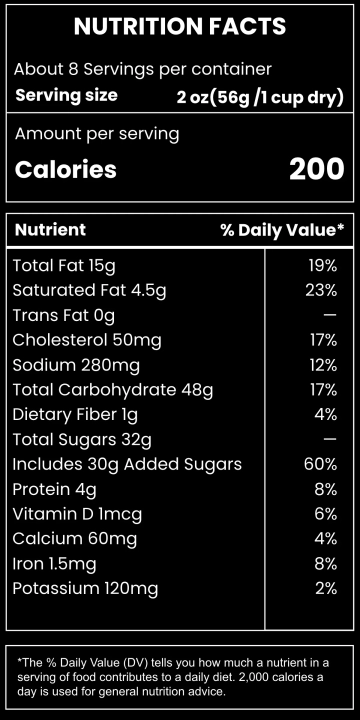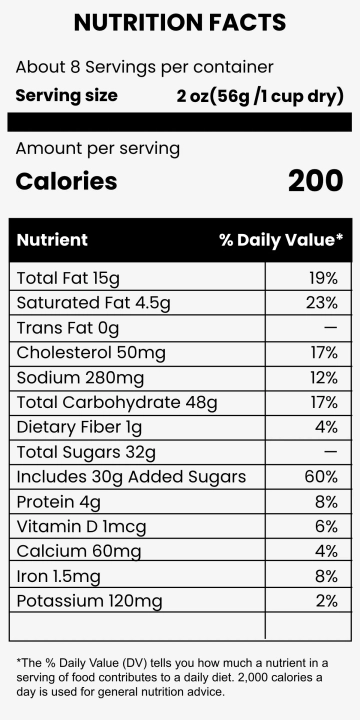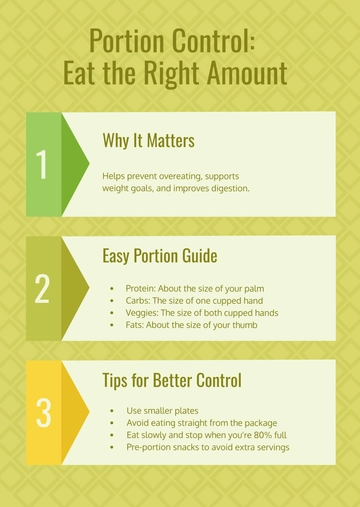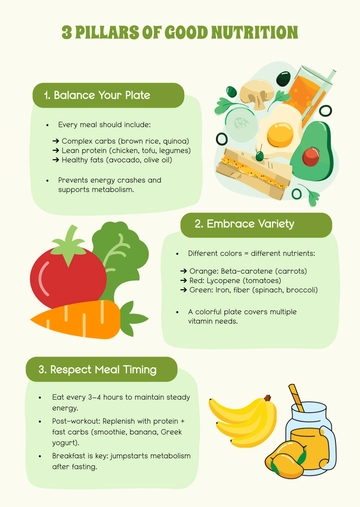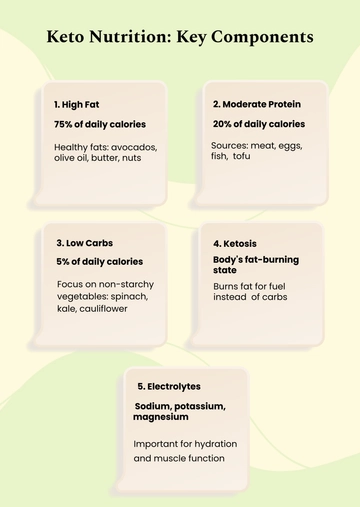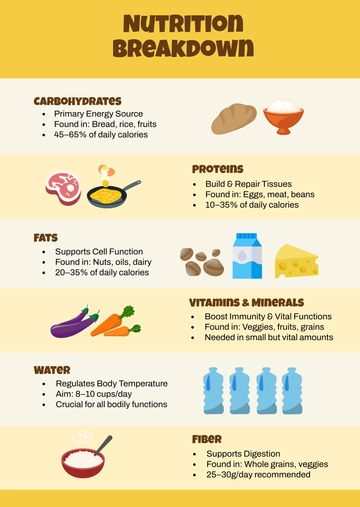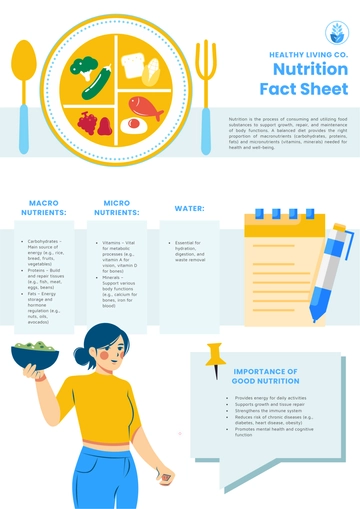Free Nutrition Case Study

[YOUR NAME], a dedicated nutrition professional at [YOUR COMPANY NAME], has compiled this detailed case study to serve as a valuable resource for peers striving for excellence in the field of nutrition and dietetics. This case study highlights the importance of integrating current research and evidence-based practices into daily nutritional counseling and educational programs.
I. Introduction
The following case study provides an in-depth analysis of a recent initiative undertaken by [YOUR COMPANY NAME] to enhance the nutritional outcomes of its clients through evidence-based dietary interventions. This document aims to illustrate practical applications of current research in the field of nutrition and its impact on promoting healthier lifestyle choices among diverse populations.
This initiative was led by [YOUR NAME], a senior nutritionist in the [YOUR DEPARTMENT], who has been instrumental in integrating innovative practices into the organization’s nutritional programming.
II. Objectives
Showcase the integration of current research and evidence-based practices into dietary interventions and educational programs.
Evaluate how effective evidence-based diet interventions are in enhancing nutrition knowledge, dietary habits, and clinical outcomes in clients, particularly Type 2 Diabetes patients.
Show the importance of ongoing professional growth in nutrition and dietetics using evidence-based methods, highlighting nutrition experts' role in advocating for healthier habits.
II. Background and Rationale
The motivation for this case study arose from observed health trends within the client base at [YOUR COMPANY NAME] which indicated a significant gap in dietary knowledge and healthy eating practices. In response, [YOUR NAME] proposed a series of educational workshops and individual counseling sessions based on the latest dietary research and guidelines.
The objective was to empower clients by providing them with the knowledge and tools needed to make informed nutritional choices, thereby improving their overall health outcomes.
III. Case Study Description
The case study revolves around the implementation of a six-month pilot program focused on adult clients diagnosed with Type 2 Diabetes. The program included bi-weekly educational sessions covering topics such as carbohydrate counting, healthy meal planning, and strategies to reduce sugar intake.
A multidisciplinary team led by [YOUR NAME] developed the curriculum, which incorporated interactive activities, peer discussions, and hands-on cooking demonstrations to enhance participant engagement and learning.
IV. Methods and Implementation
1. Identification of Participant Group:
Participants were selected based on their medical history and willingness to commit to a six-month intervention plan.
2. Educational Sessions:
These were structured around the most current evidence-based dietary guidelines, tailored to the needs of individuals with Type 2 Diabetes.
3. Data Collection and Analysis:
Pre- and post-intervention assessments were conducted to evaluate changes in dietary patterns, body weight, and blood sugar levels.
V. Results
Findings | Description |
|---|---|
| Participants demonstrated increased knowledge of diabetic diet management. |
| 75% of the participants reduced their daily sugar intake by at least 30%. |
| 60% of participants showed improved glycemic control. |
| The program enhanced patient self-efficacy in managing their condition through dietary choices. |
| The program enhanced both clinical outcomes and patient self-efficacy in the dietary management of their condition. |
VI. Discussion
The success of the program can be attributed to several factors, including the personalized approach to dietary education and the interactive format of the sessions. However, challenges such as dietary adherence outside of the program context were also noted, suggesting areas for further improvement.
This case study underscores the potential of evidence-based dietary interventions in managing chronic diseases and the critical role of continuing professional development in the field of nutrition.
VII. Conclusion
This case study from [YOUR COMPANY NAME], led by [YOUR NAME], provides compelling evidence of the effectiveness of integrating current research into practical dietetics. It not only enhances professional practice but also contributes to the overall health and well-being of clients.
The findings are intended to motivate nutrition professionals to adopt similar methodologies in their practice, ensuring that dietary advice remains scientifically sound and clinically relevant.
VIII. Recommendations for Further Study
Further research is recommended to explore long-term adherence to modified dietary practices introduced during such interventions and their impact on chronic disease management. Additionally, expanding the scope of research to include pediatric and elderly populations could provide insights into age-specific educational strategies and dietary management.
Understanding these dynamics can significantly contribute to the customized nutritional care plans necessary for diverse populations.
Prepared By:
[Your Name]
[Your Company Name]
[Date]
- 100% Customizable, free editor
- Access 1 Million+ Templates, photo’s & graphics
- Download or share as a template
- Click and replace photos, graphics, text, backgrounds
- Resize, crop, AI write & more
- Access advanced editor
Explore nutritional insights with Template.net's Nutrition Case Study Template. Perfect for dieticians and health professionals, this editable and customizable template offers a structured format for your case studies. Utilize our Ai Editor Tool to tailor your content seamlessly, ensuring your nutrition case studies educate and inspire effectively.
